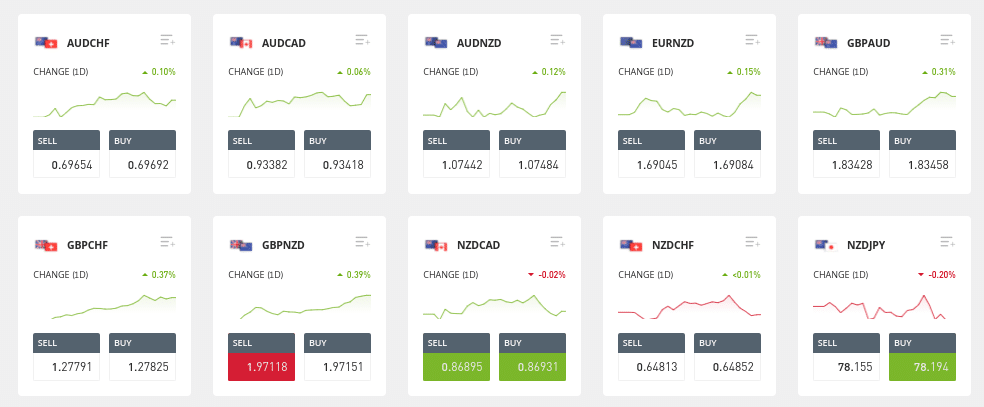Imagine a world where financial markets never rest, where traders can execute trades 24 hours a day, seven days a week. This may sound like a trader’s paradise, but in reality, the forex market, the world’s largest and most liquid financial market, takes a break over the weekends. This poses a unique challenge for traders, as they must navigate the nuances of weekend trading to maximize their profits and minimize losses.

Image: www.forexcrunch.com
Understanding Weekend Trading Dynamics
Traditional forex trading occurs during weekdays, from Monday to Friday, during specific hours determined by the underlying market sessions. These sessions include the Asian session (Sydney, Tokyo, and Singapore), the European session (London, Frankfurt, and Paris), and the American session (New York). During these sessions, traders have access to the full range of forex pairs and can execute trades in real-time.
However, when the weekend rolls around, the forex market effectively shuts down. Banks, brokers, and other market participants close their doors, leaving traders unable to trade. This break from trading creates a unique set of challenges for traders, as they are unable to monitor their positions or execute trades to adjust their strategies.
Implications for Traders
The weekend break in forex trading has several implications for traders:
1. Increased Risk: Positions left open over the weekend are subject to market volatility and potential price swings. Unforeseen events, such as geopolitical tensions or economic news releases, can significantly impact currency values, leading to losses for traders who cannot adjust their positions.
2. Missed Trading Opportunities: News and events can also present significant trading opportunities over the weekend, which traders cannot capitalize on due to the market’s closure. This can lead to missed profits and potentially missed market trends.
3. Strategy Limitations: Weekend trading limitations can constrain traders’ ability to implement certain trading strategies. Scalpers and day traders, who typically rely on short-term price movements, may find their strategies ineffective due to the extended break in trading.
Contingency Plans for Weekend Trading
Despite the challenges of weekend trading, there are several steps traders can take to mitigate risks and prepare for the market’s reopening:
1. Close Positions Before Weekend: The simplest way to avoid weekend risks is to close all open positions before the market closes on Friday. This ensures that traders are not exposed to potential price swings over the weekend.
2. Set Stop-Loss and Take-Profit Orders: Stop-loss and take-profit orders can help protect traders from excessive losses and lock in profits, even when they are unable to monitor their positions over the weekend.
3. Leverage Weekend Economic Data: Keep abreast of upcoming economic news releases and geopolitical events that could impact currency values over the weekend. This information can help traders prepare for potential market reactions when trading resumes on Monday.
4. Explore Alternative Markets: Some alternative markets, such as cryptocurrency markets, may offer trading opportunities over the weekend. However, these markets are typically more volatile and require a different trading approach.

Image: platformaxxi.org
Does Forex Trade On Weekends
Conclusion
While the forex market takes a break over the weekends, the implications for traders are varied. Traders must understand the risks and limitations posed by weekend trading and implement contingency plans to mitigate these challenges. By closing positions, setting stop-loss and take-profit orders, keeping up with market news, and exploring alternative markets when necessary, traders can navigate the weekend break and return to the market on Monday fully prepared to maximize opportunities and minimize risks.






